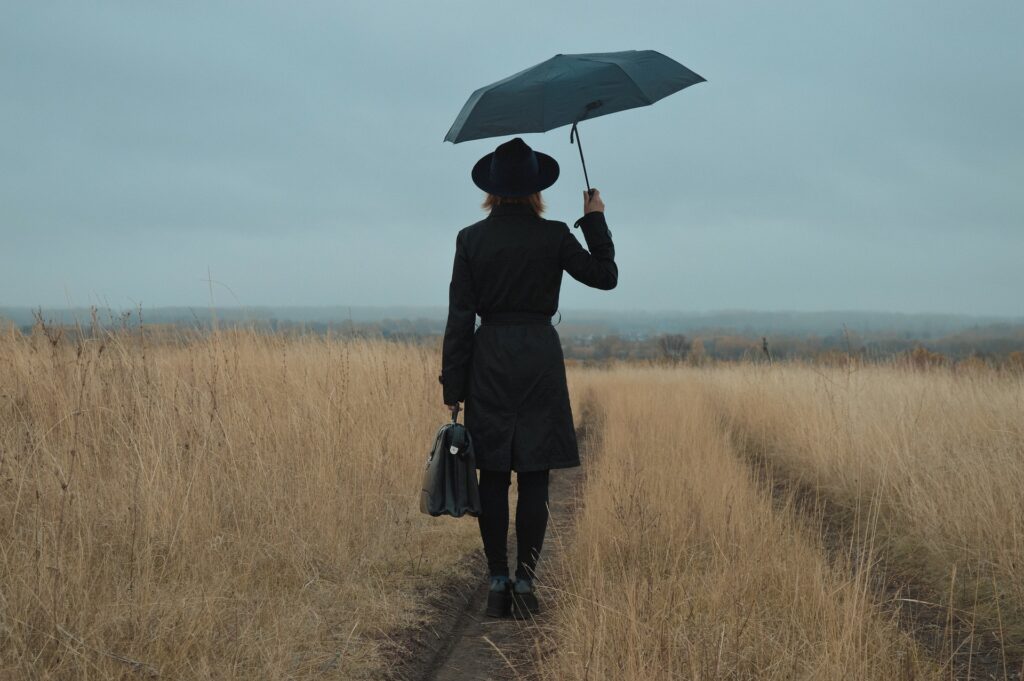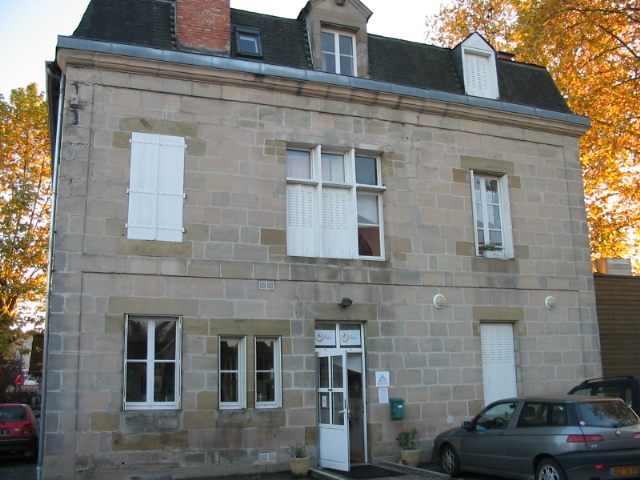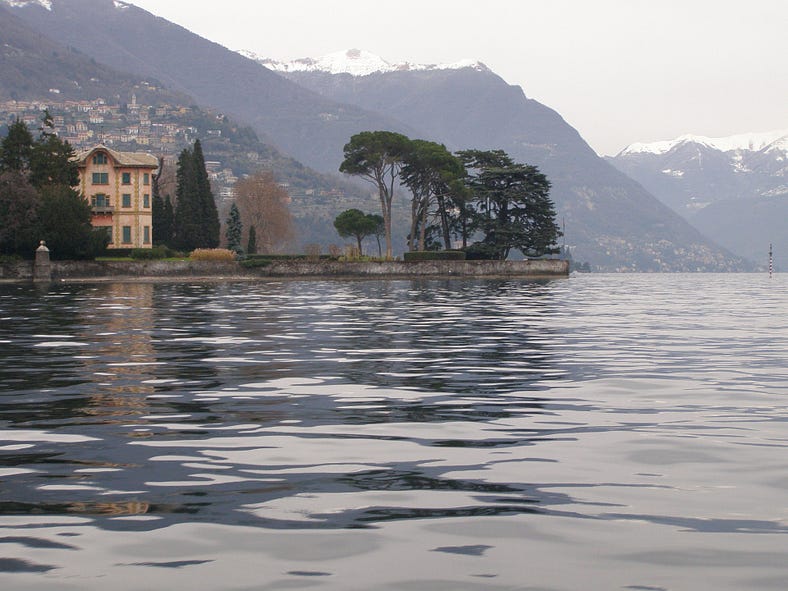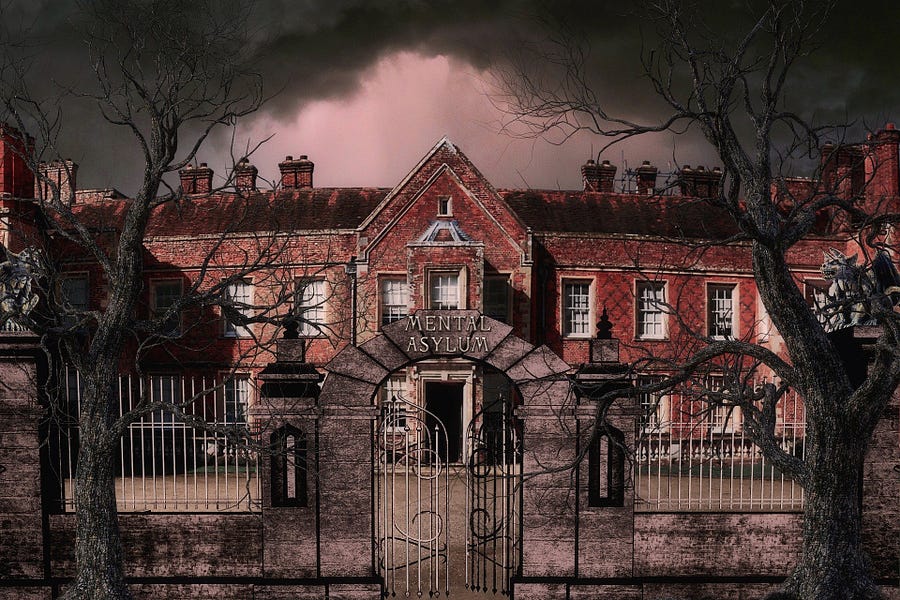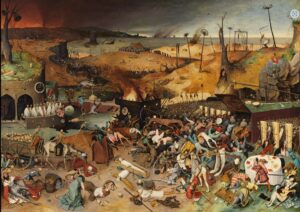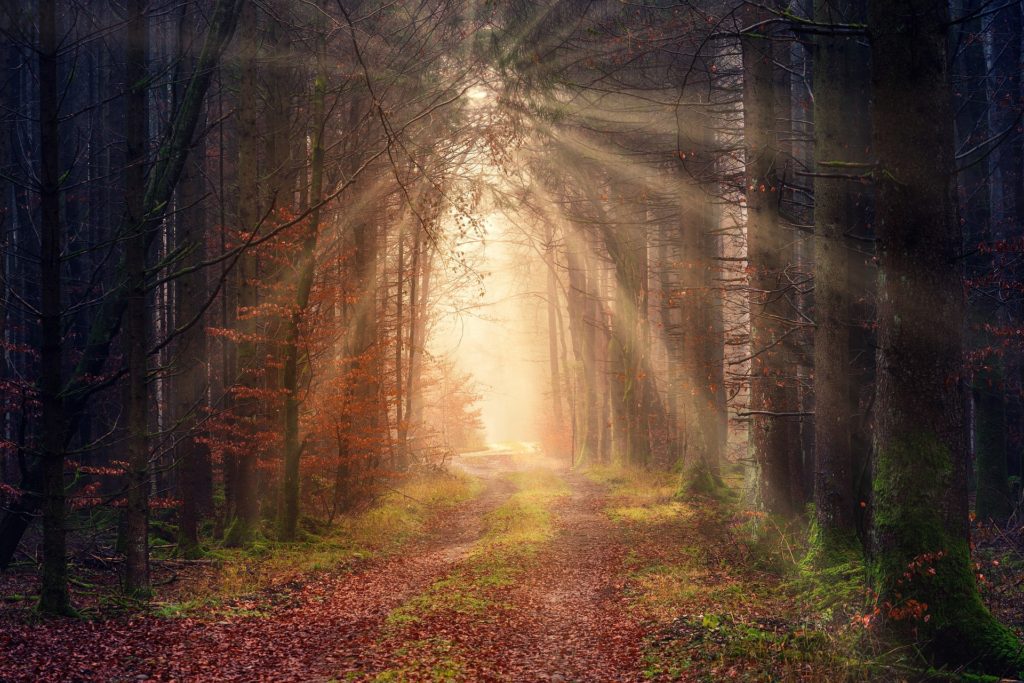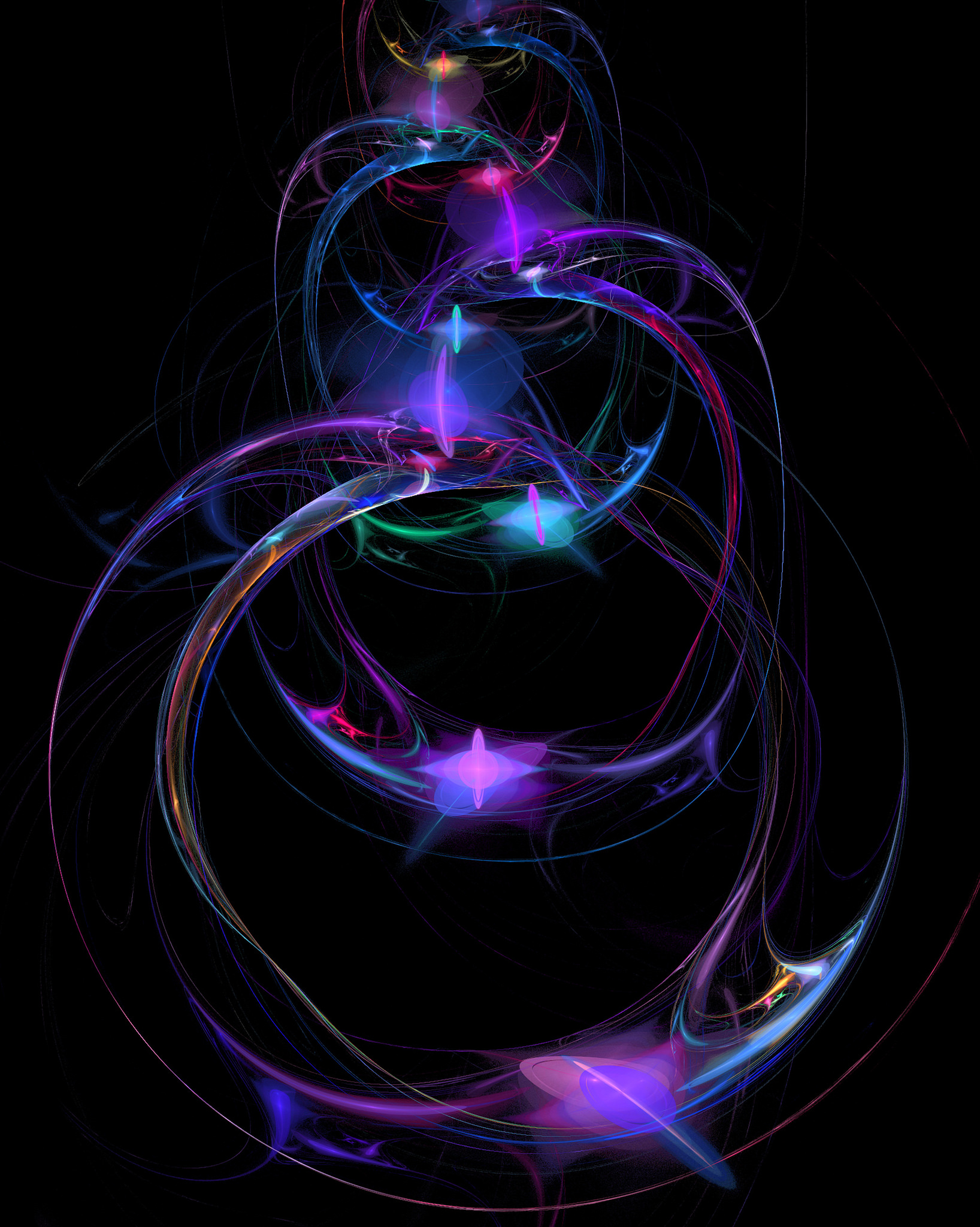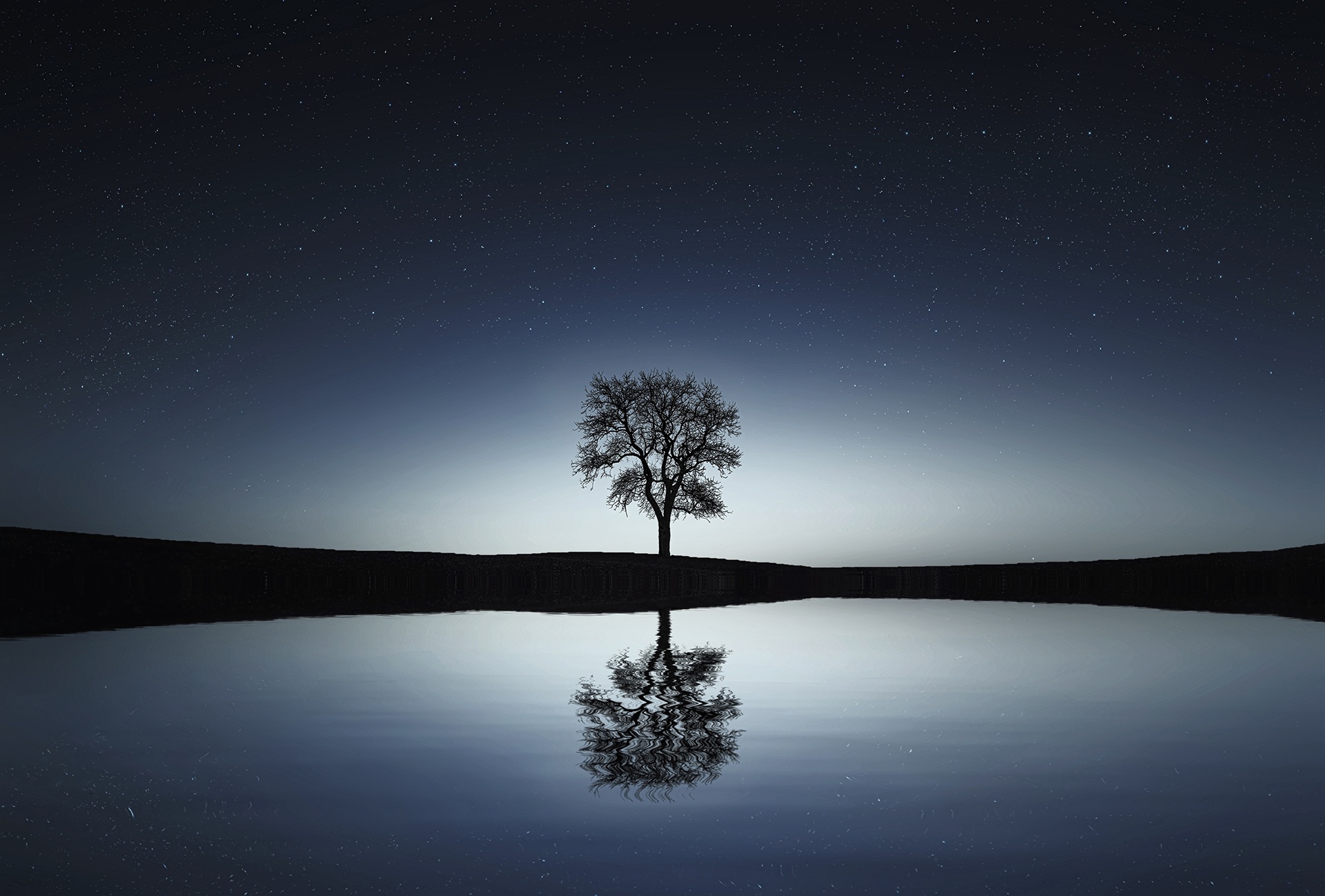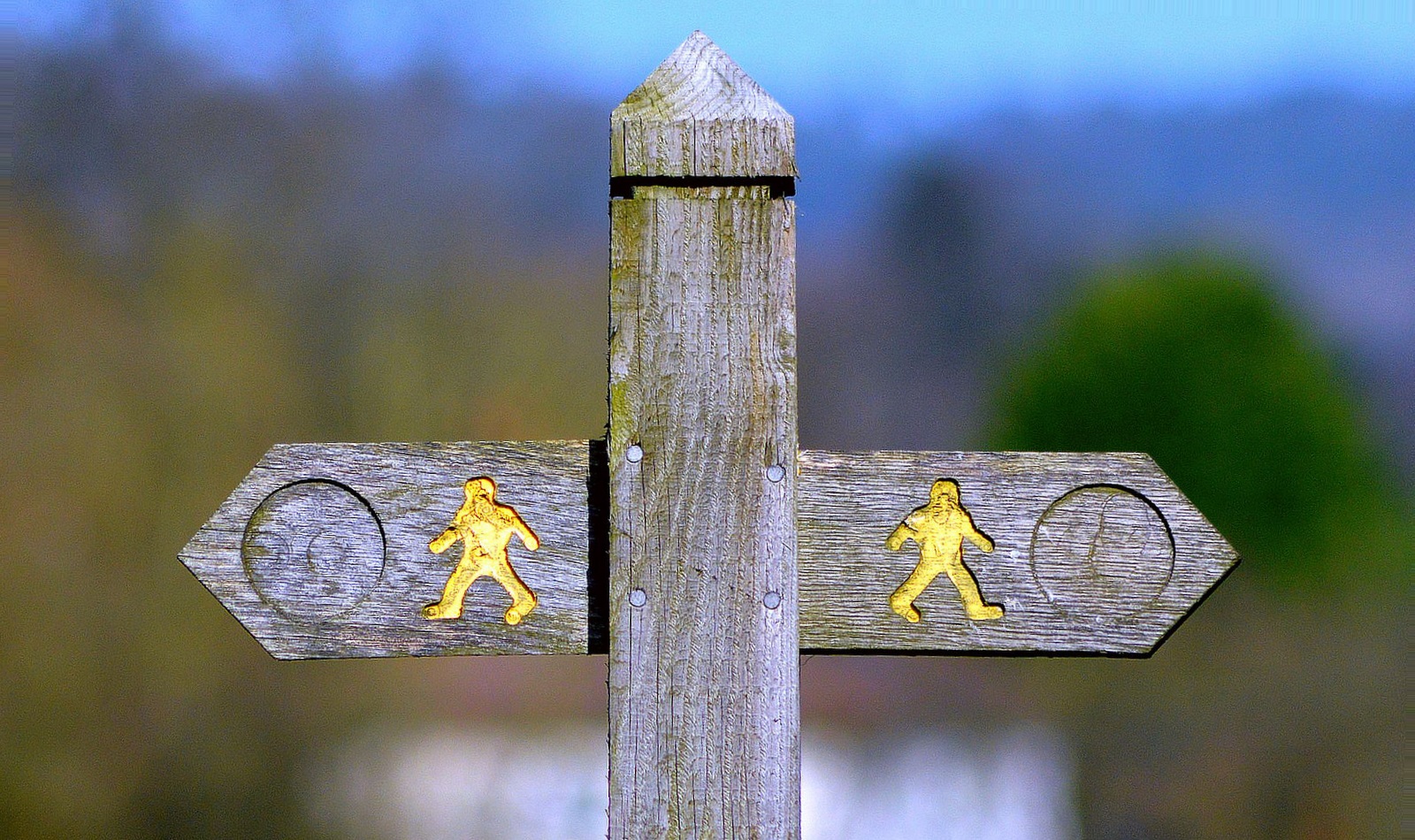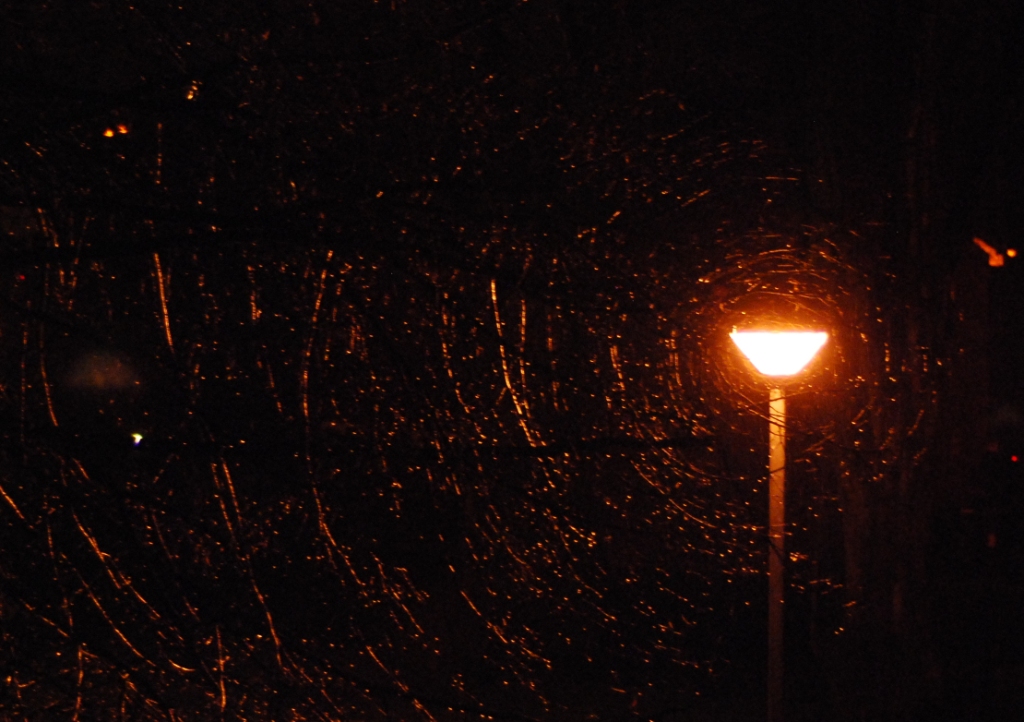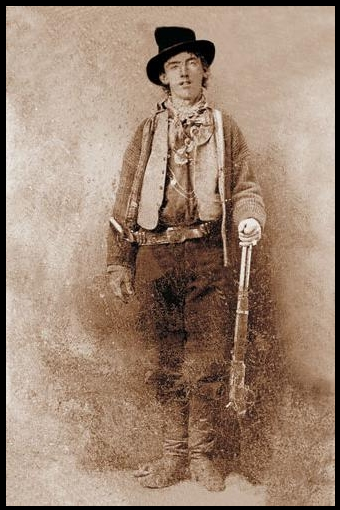Taking a grand tour by hitchhiking through Europe was a romantic vision I’d had since childhood. Before my third year at a university in New England, I made it a reality. I would spend two months touring in September and October before spending a year with English relatives in the town where I had been born.
The roadblocks and obstacles I met up with in Europe while walking so many miles and catching trains now and again should have stopped me in my tracks. Yet I was fearless when the path unexpectedly changed into a sudden unknown.
Maybe that was because I was too young to worry and had the sense I was invincible. But I do know that at nineteen, I found everything enchanting. Everything was an adventure, even when it threatened to derail me.
Hitchhiking brought me new worlds to discover. Back then, it was safe to do this. Many young students went traveling on foot. I never had a qualm about it, never gave it a second thought. My journey was at a time when there was a kind of serenity in Europe. It was the late sixties and we were on the cusp of a world that was shifting, but the year I went abroad, none of the pending changes were visible. We were in a kind of bubble of optimism.
I had a friend with me from my high school years, both of us from a small town that could just as easily be called Mayberry. We were real innocents abroad when we started out.
Our first stops were through France — to Paris and Lyon and down to Menton and Nice. Strangely, I recall very little of those places, though we did have the iconic croissant and coffee at a Parisian Cafe. The French tended to rebuff Americans in general and we couldn’t speak French very well, at all.
A major goal was to reach Italy and see Florence and Venice and maybe get to Rome.
Youth hostels were where we stayed at night and they were a godsend. Without them, I’d never have been able to manage my grand tour. They offered accommodation for fifty cents to a dollar and they existed all over Europe. They were usually just small, barrack-like buildings, though if you were lucky you might discover one offered in a castle, like an early form of Airbnb, only without any amenities.
You needed to have your own sleeping sheet and the hostels had no food and were closed between 10 a.m. and 4 p.m. If it rained, you and your backpack either found a library that welcomed foreign students or a cafe that let you spend a couple of hours over one cup of coffee.
But I found camaraderie in those hostels. Students from around the world gathered in the evenings to share their stories while we nibbled on bread and cheese. At a hostel in Nice, with the sun setting on the azure sea outside, some of the backpackers shared their bottles of wine with the rest of us.
Almost everyone knew some English at the hostels, which astonished me, but made my side of the conversation possible. Those were joyous times, but even when people asked me to join them as they explored more of Europe, I chose to stay on my intended journey.
The first roadblock happened in Como, Italy. We walked through the town and met some very entertaining Italian boys who knew English. With them, we explored small streets and had lunch in a restaurant and their hope was we’d join them on a boat ride on Lake Como the next day.
I see myself now standing near the lake as my backpacking companion explained she was stopping there because she’d met an Italian lover and wanted to stay with him. We had over a month left in our planned exploration of Europe.
Somehow, I had to make my way back to the Calais ferry, alone. It would take me across the English Channel to Dover. That was over 500 miles as the crow flies and 650 miles by bus, train, and walking. I was nineteen years old.
It was so startling to me. She had just met him. We both had boyfriends back in America. What was she going to tell hers? I couldn’t believe she was doing this and had no concern for what would happen to me.
Yet, at the same time, I felt undaunted. Looking back, that seems the strangest thing of all. But the journey meant everything to me, and I wasn’t going to let it end there. I had the absolute belief —despite the fact I had spent my entire life in that small town— that I would be okay. Why? I have no idea. But I do remember feeling I was on the edge of a great adventure.
I had to scrap the original itinerary and headed west on my own to Turin, just over one hundred miles away from Como, happily finding a train I could afford, albeit a very slow train. As I walked up the stairs out of the Turin station and stepped onto a wide plaza, loudspeakers were playing Shirley Bassey singing “Goldfinger.” It was so exotic to me, the convergence of the song in English and all the Italian voices on that plaza.
I took it as a sign, a good omen.
Turin, though, was just a stopover on my goal to reach Switzerland. I had to get to the Zurich bank where my parents were sending me additional money (I hoped). I would soon be desperate without that since I was paying for everything on my own without my friend along to share expenses.
I began hitchhiking out of Turin and a trucker offered me a ride into Switzerland and I took it. We passed through northern Italy and into the Alps. He suddenly stopped on the St. Gotthard Pass where there was no traffic and said that was as far as he could take me. He pointed to an icy road beyond and said just around the curve of it, about a mile away, was an inn. Then he just shrugged and turned the truck around and drove back the way we came.
What made me cross that ice field on foot without so much as a moment’s hesitation? I do know the action of the truck driver was a great mystery, but somehow, I wasn’t afraid.
After walking half a mile, I could see the vast switchback road of Gotthard Pass below leading to a town. The map I carried with me suggested I was not far from the town of Hospental. I also saw the inn nearby, an old 13th-century structure that from what I could tell might have served as a waystation to traveling monks.
When I reached it, I found it was serving as a temporary home to a squadron of Swiss reservists, most of whom found the idea of an American girl in their midst filled with possibilities. I had not encountered before the kind of predatory behavior some soldiers displayed, but the owner of the inn was protective. A bus came early the next morning and took me to Hospental where I could get the train for Zurich.
At the bank in Zurich, I discovered my parents had sent only thirty dollars by Western Union, which converted to even less money in Swiss francs. I still had over 500 miles to go! I never asked them why they sent so little, but my guess is they just didn’t know what I was doing, not really, and they didn’t know, of course, that my friend, who they also had known for years, had chosen another path.
But I heard the bells ringing across Zurich, a thrilling moment that was mesmerizing. I can still hear them as they were on that cool, early autumn day. The hour the bells chime is known to travelers from all over the world as a “mighty cacophony.”
After leaving Zurich, I hitchhiked the hundred or so miles to Germany. My destination was Freiburg im Breisgau, a city I vowed to see in honor of my father. He had flown in a Flying Fortress B17 and was stationed there for a few weeks in that war-torn city after WWII ended, and he spoke of the Black Forest often, how it had been a place of respite in Nature for many on both sides, in the aftermath.
In the Freiburg youth hostel, I was shocked awake, unforgettably, at 5 a.m. by loudspeakers blasting the opening chords of Beethoven’s 5th Symphony. I decided my best course now was to get back to the English Channel and take the ferry from Calais to Dover and on to London, where my relatives lived. I would be staying near them for the next eight months.
I reached France from Freiburg after a long day of more hitchhiking, and it was late afternoon. I had no idea what town I had walked into, and couldn’t find a youth hostel nor anyone who spoke English there.
Daylight was fading. Seeing a small, narrow river that ran through the edge of the town, I sat on some boulders and watched the water flow over the rocks and listened to the sound of it. I wondered if I might have to sleep on the riverbank.
But something drove me back into the town and after walking for an hour more, I found a small inn that charged remarkably close to what a youth hostel would have cost.
Not long after sunrise, I began hitchhiking again until I reached Dijon, which I hardly visited before getting on the three-hour train to Reims in northern France. From there, I would catch a final train to Calais and end my journey.
To my dismay, after buying that train ticket to Reims, I had two dollars left and had to use some of that for food. I had a return ticket for the ferry back across the English Channel, but still, there would be no way to pay the train fare for the 167 miles to Calais where the ferry was docked.
Goodness knows what I was thinking — or not thinking, but when I arrived at Reims, I went up to the train ticket seller in his booth and said some words I did know: Je n’pas d’argent (I have no money). He shook his head, not without sympathy, but turned away and left the booth.
To my astonishment, three students happened to be there, two young men and a young woman, and they overheard me. They invited me to stay with them in their apartment on the Reims University campus.
It was a welcoming visit in both spirit and fact. The young woman even practiced a bit of English for my benefit. And they took me to see Frank Sinatra in Von Ryan’s Express, with the French dubbed in, but as it was an American action film, I didn’t need much translation.
The only reason I was able to leave Reims the next day was because these students gave me enough money to get the train to Calais. They told me to feel no worries about paying them back. But it was my joy weeks later to be able to return that sum to them, and so honor their spontaneous and generous warmth and help.
After crossing the English Channel, getting on the train from Dover to London was a high point for me. It signaled the journey was done and it also meant that the year of my new life in England with my relatives was beginning.
At the same time, I felt I had been blessed with everything. The students were angels met unexpectedly. So had been all the places I had entered and encountered for a little while. Each one brought me experiences I never planned or imagined, all the different languages and architecture and people who brought their worlds into my ken.
From that time on, traveling on my own most of the time has been my chosen path and given me grand voyages of discovery.
And I know this — there have always been angels every step of the way.

